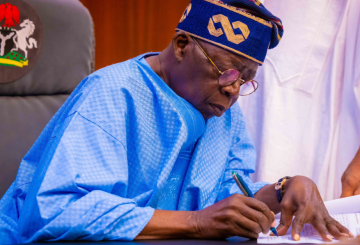Prof. Jerry Gana, a former minister of information, has urged the federal government to stop the nation’s persistent fuel shortages and price increases.
The unavoidably long lines at the gas stations, according to Gana, are intolerable and no longer tolerable.
During the anniversary of the Archbishop Vining College of Theology, he said this in Akure, the capital of the Ondo state.
He claims that “the unnecessary fuel scarcity has crippled the economy of the country while motorists and commuters are subjected to untold suffering across the country as a result of poor supply of Premium Motor Spirit (PMS).
Additionally, the former Minister took issue with the unneeded difficulties that the populace is currently having obtained the nation’s newly redesigned Naira notes.
Despite the fact that the Central Bank of Nigeria’s deadline was rapidly approaching, many people nationwide, in his opinion, were unable to obtain the new, redesigned Naira notes.
However, he demanded that the deadline be immediately extended so that the populace may obtain the newly redesigned Naira notes and head off the problem.
“The issue of new Naira notes, people are going through very serious difficulties, this is not a joke, we are speaking from what we see on the field and therefore they should not ruin this economy.
“Ordinary people cannot get access to the new notes and therefore we are very much in support for the extension of the date.
“This is very important; it is not for elite but for people living in thousands of areas within the country and don’t have access and they are the economy, and they should therefore listen to those people.
“We expect them to perform their duty because the fuel shortage is a serious problem, and we know the government of the day should certainly do something decisively about the fuel crisis.
“And so, we request them and urge them on behalf of the people of the Federal Republic of Nigeria to do something urgently. It is not an appeal, but the people of the nation are calling on government to do something urgently” he said.
“People are against the policy, particularly, the limits in terms of withdrawal. There must be some logistics, moving around, it’s not a matter of buying votes or not.”





